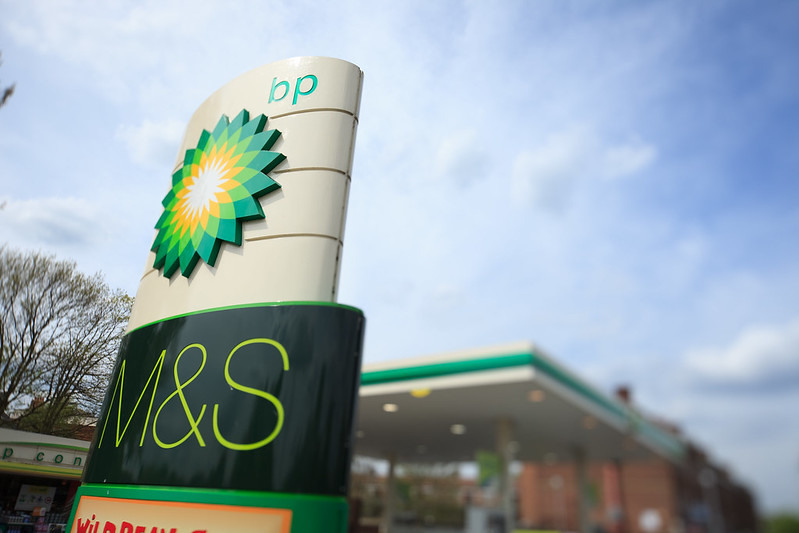BP has pledged to follow an energy transition strategy “resilient to a broad range” of scenarios, refusing to bow to pressure against its gas activity and holding up its acquisition of a stake in a solar developer as evidence of its low carbon activity.
Setting out its plans in a new report ‘Advancing the energy transition’, the company has embraced the three tenets of ‘reduce, improve and create’, with group chief executive Bob Dudley stating “a race to renewables will not be enough to tackle climate change”.
The first two of these refer to capping its net greenhouse gas emissions out to 2025 at or below 2015 levels and producing more natural gas as a lower carbon alternative to coal and a complement to renewables.
In addition, the company will introduce an Advancing Low Carbon accreditation programme to encourage its business to pursue lower carbon opportunities. These must deliver “a better carbon outcome” beyond what is required by carbon emission regulations and must be either directly delivered by BP or by a BP partner.
The US$200 million (£148 million) deal to acquire a 43% stake in Lightsource unveiled in December makes up the bulk of the third arm of its strategy, claiming this has and will continue help create new low carbon businesses.
In addition, BP has said it will seek to allocate at least US$500 million (£349 million) a year for low carbon activities, including its renewables businesses and acquisitions such as that demonstrated by the creation of Lightsource BP.
“We view these activities as core to our strategy – with the potential to make a real contribution to our future,” the report states.
BP expects energy consumption as far out as 2040 to still require a significant supply of oil and gas, which it says will be “continuing to play a prominent role over the next two decades”.
“That’s why our portfolio is a balance of advantaged oil and gas, a competitive downstream, the trading of all forms of energy and a wide range of low carbon businesses,” it has said.
The oil and gas giant is also planning on developing advanced battery technology to tap into the growing market for energy storage, which it says can be used to meet its customers’ future needs.
It is also partnering with FreeWire, a US-based electric vehicle rapid charging systems manufacturer, to enter the advanced mobility market, projecting that by 2040 over 30% of kilometres travelled by passenger cars could be powered by electricity.
It is also piloting charging points at retail sites in the US, Europe and New Zealand.
“The energy landscape is evolving quickly and no single solution is emerging as yet. But we will be ready to scale up the most promising innovations into viable new businesses as the future becomes clearer,” Dudley added.






